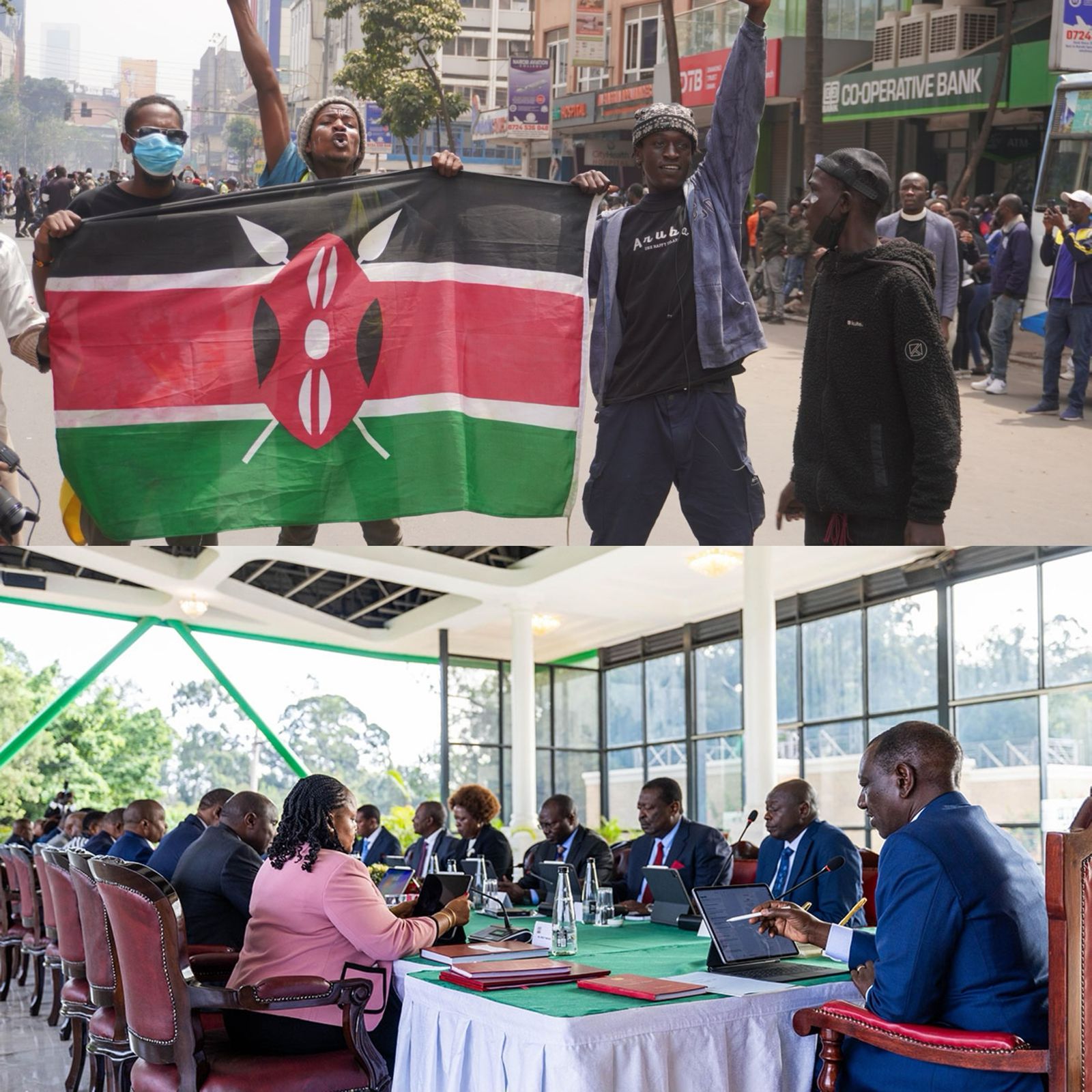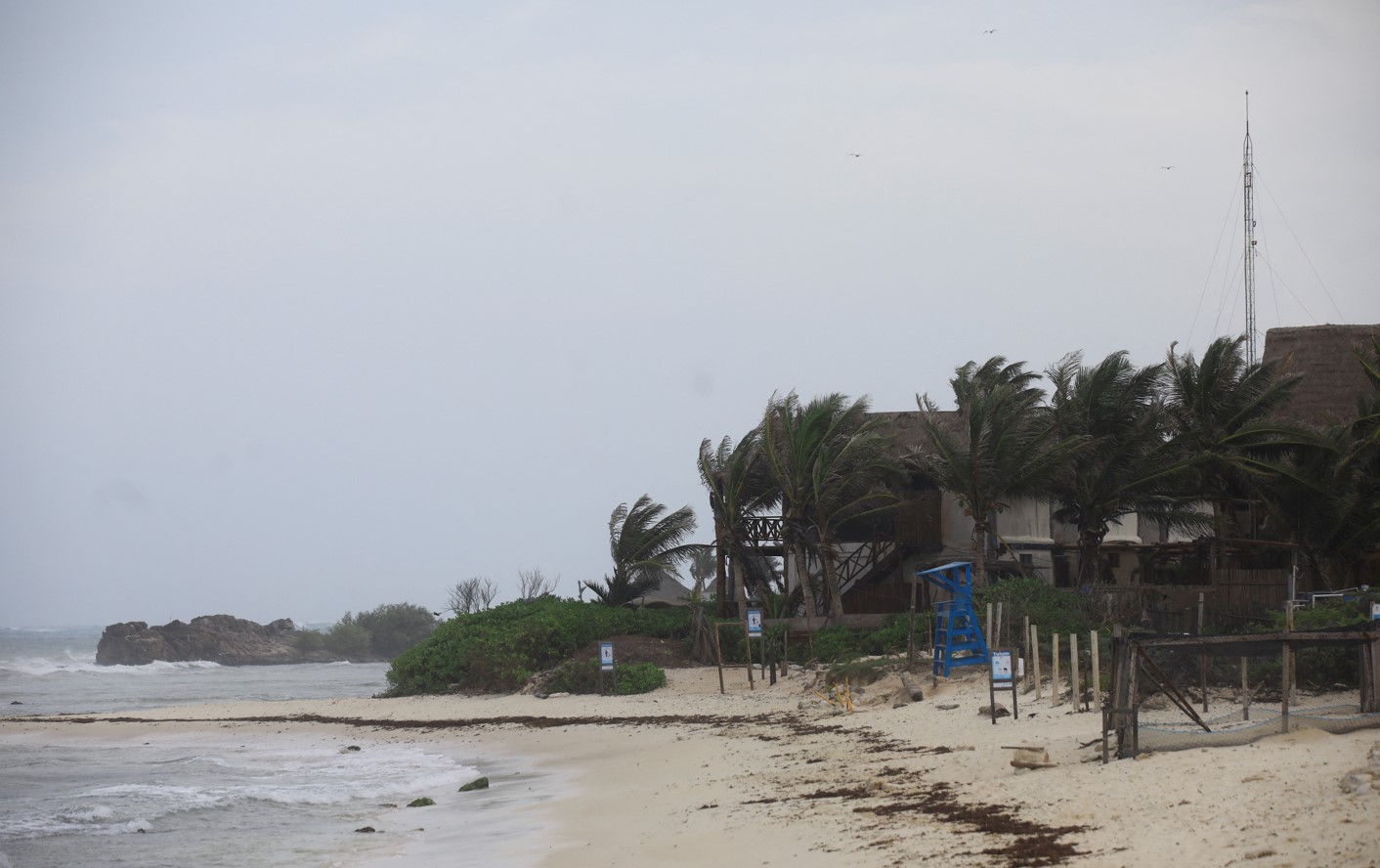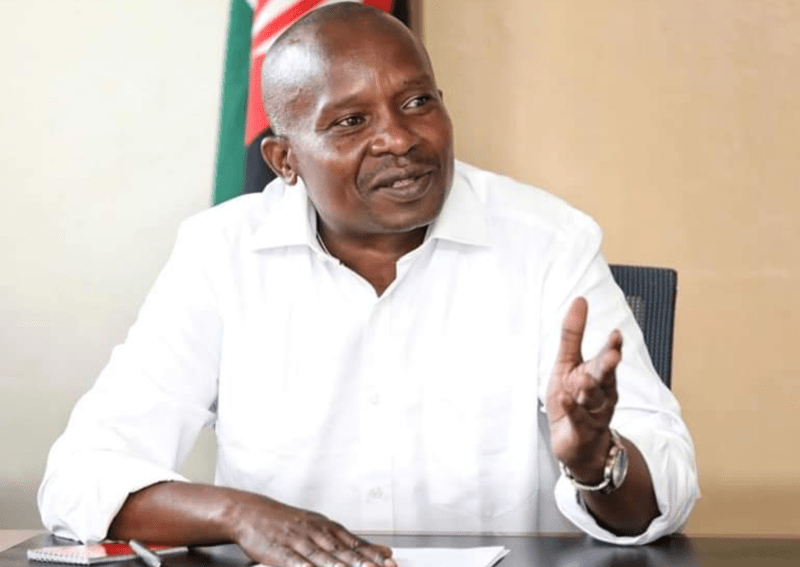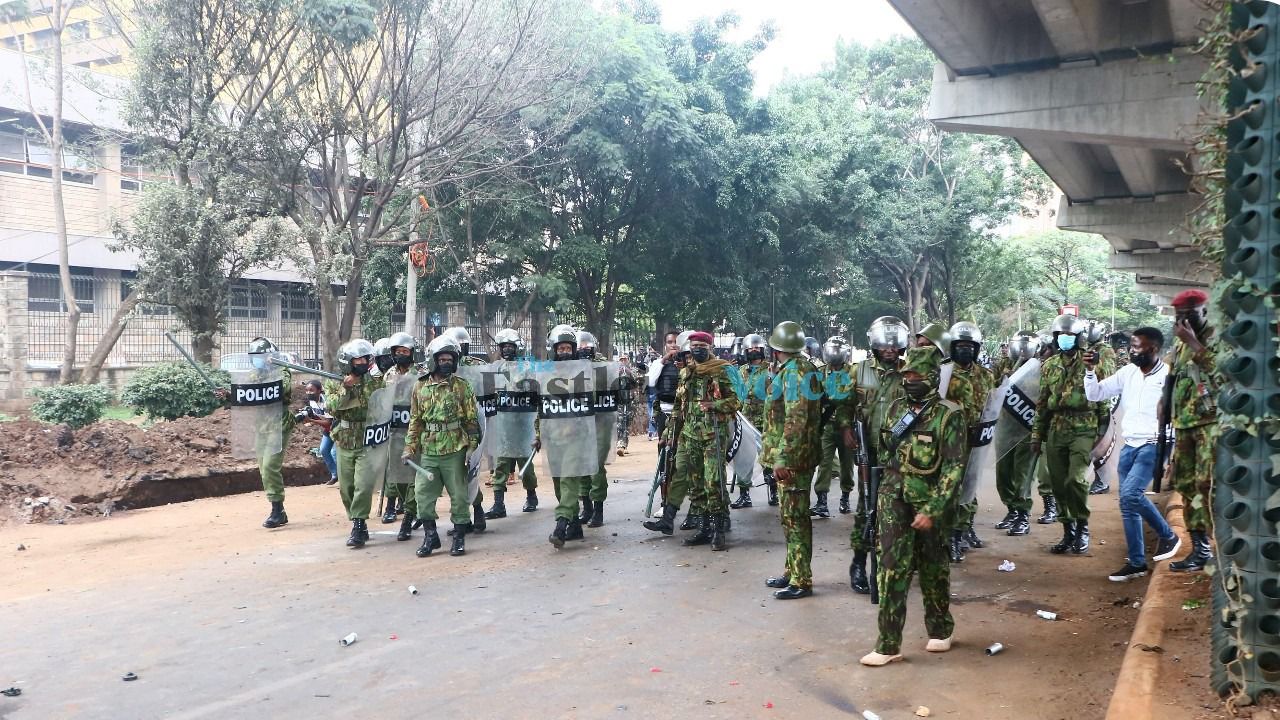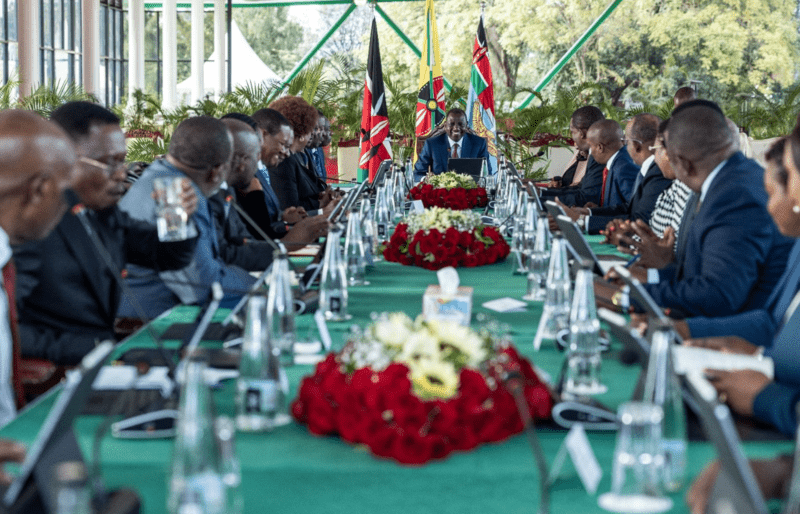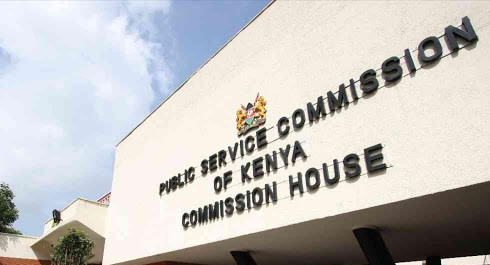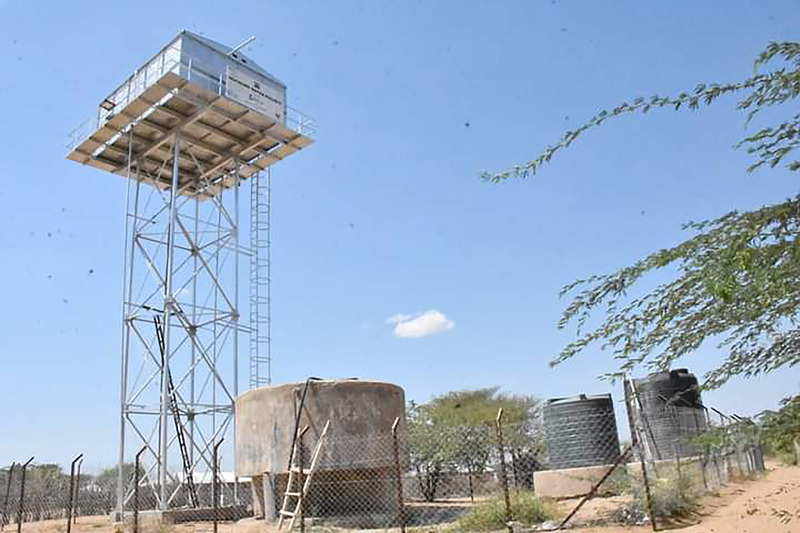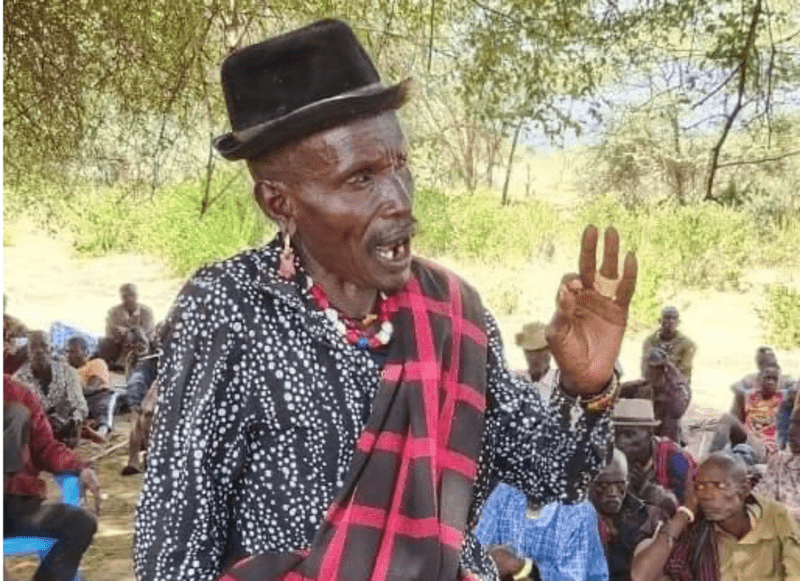Court declares KRA's recruitment of revenue service assistants unconstitutional
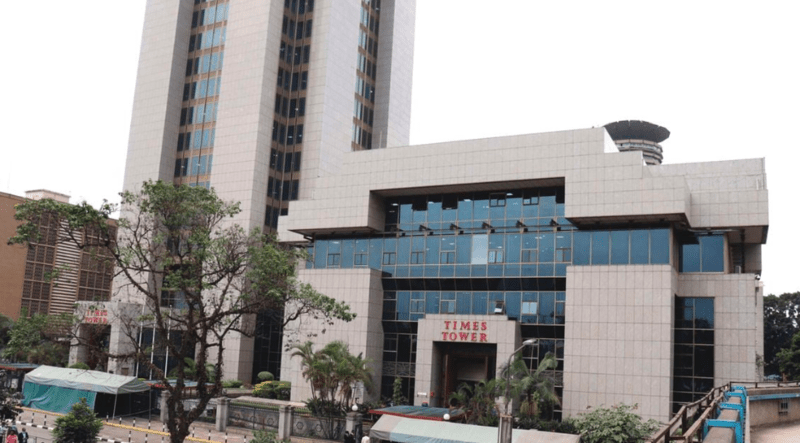
By Joseph Ndunda |
KRA had received a total of 127, 117 applications and the chairman said out of these 23, 953 and 22, 571 were from Kikuyu and Kalenjin communities respectively.
The High Court has faulted the Kenya Revenue Authority (KRA) for last year's recruitment of 1,406 revenue service assistants after employing 55.8 per cent (785) of them from two communities.
Justice Wiliam Musyoka said the recruitment was not faithful to the constitutional dictates of inclusivity.
Keep reading
Musyoka said the effects of the recruitment are that KRA did not act consistently with the constitution.
"One of the constitutional values in Article 10 is equity. The way the recruitment was handled did not meet the aspect of equitable representation of the diverse communities in Kenya," the judge ruled.
Musyoka was ruling on a petition filed by Peter Orogo at Busia High Court who sought the exercise to be declared unconstitutional.
Orogo had argued that more than half of them were from Kikuyu and Kalenjin communities while the other more than 40 communities shared the remaining 621 slots.
For instance, to prove the disparities and inequitable distribution of employment opportunities with the state agency, Orongo said the Thika Town constituency got 50 slots while Kiharu constituency in Murang'a County got 40 of them and other constituencies got one or zero.
Orongo said that each of Thika Town and Kiharu constituencies had more slots than several counties combined. For example, he said Kisii and Makueni counties each got 19 and 15 slots respectively.
He had tabled a list showing the distribution of the slots in the 279 constituencies as an annexure to prove his petition against the Chairman of the KRA board, the KRA and the Attorney General.
In response, the KRA chairman who hails from the Kiharu constituency said the revenue collector had received so many applications that physical interviews could not be conducted and KRA opted for aptitude tests and those with the highest score were recruited.
The chairman also said that most of the applicants for the jobs were from Kikuyu and Kalenjin communities.
KRA had received a total of 127, 117 applications and the chairman said out of these 23, 953 and 22, 571 were from Kikuyu and Kalenjin communities respectively.
He also argued that KRA has always been guided by its approved human resource policies and diversity management policy in its recruitment processes.
Justice Musyoka noted that KRA and its board chairman did not contest the facts that Orongo had shared in his petition.
"Their case is that most of the applicants came from the Kikuyu and Kalenjin communities. Secondly, because of the very high numbers of applicants, it was difficult to achieve ethnic diversity and regional balance," Musyoka stated.
The chairman had also told the court that the nature of tax collection demanded that the recruitment should focus on merit, and less on regional balancing and achieving ethnic diversity hence KRA focused on hiring high-performing individuals with superior academic qualifications.





